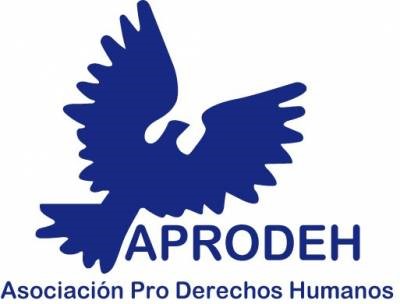The mission of the Association for Emancipation, Solidarity and Equality of Women (ESE) is to develop and assist both women’s leadership and civic leadership for the development and implementation of human rights and social justice in the Republic of Macedonia.
ESE is driven by its dedication towards solution of problems. By promoting and improving the human rights, they improve the social and economic justice, thus considering that human rights are an indivisible set of standards to be enjoyed by everyone. They are especially dedicated to the work in the area of promotion and improvement of health and women’s human rights. Therefore, they focus on two objectives – meet the urgent needs of citizens, in particular the vulnerable groups of citizens, and influence the creation of sustainable, long-termed changes. They do more than mere documentation, reporting and condemning the inflicted injustice. They provide legal and paralegal assistance, and this is how we enable the citizens to realize their rights and change their living conditions. Moreover, we advocate for changing the legislation and policies that influence the implementation of health and women’s human rights. We advocate both on national and international level. They prepare and submit “shadow reports” and other types of documents for implementation of international documents about human rights in front of responsible international bodies.
Their objectives and approaches include:
- Monitoring and budget analysis – They make efforts for creation of budgets aimed to meet the needs of citizens, efficient use of available funds and consistent implementation of the programs and policies in the sphere of health. This approach was upgraded by use of “monitoring in the community”, whereby they mobilized the population and increased their knowledge about health rights. In this way, they enable the population to make an independent evaluation of the work of the health authorities and health workers, and moreover, we encourage them to independently advocate for their interests and needs on local and national level. At the same time, they work on increasing the level of transparency and accountability of the public institutions, in particular the institutions and facilities which are part of the health system.
- Monitoring the human rights- They monitor the extent of implementation of internationally accepted obligations, whereby the identified spheres of concern and recommendations are documented and further reported to the internationally responsible bodies for human rights. In this way they influence the changes and improvements of laws and policies, as well as adoption of higher standards of operations.
- Providing assistance and information- They enable adequate and timely legal and paralegal protection, as well as information to different categories of citizens. Also, they inform and introduce them with the possibilities for protection of their rights.



